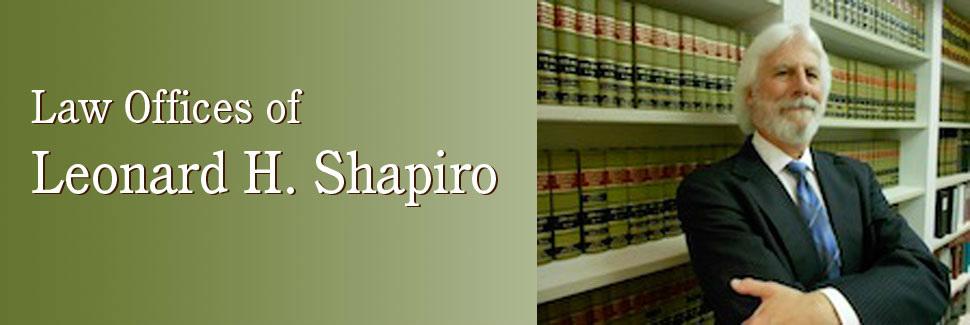UM law program turns ‘Hairspray’ into a playbook
‘Hairspray’ to be focus of program on race relations
By J. WYNN ROUSUCK
SUN THEATER CRITIC
Lawyers and musical comedy might not seem to have much In common, but the University of Maryland School of Law is linking the two in a program that uses the Tony Award-winning musical Hairspray as a springboard to examine race relations in 1960s Baltimore.
Titled Hairspray in Context: Race, Rock ‘n’ Roll and Baltimore, the program is envisioned as the first step In a broader, evolving relationship between the law school and especially the Mechanic and the Hippodrome theaters. ~Hairspray launches its national tour at the Mechanic Sept. 9-21.)
Though this initial event is sold out to a law school community audience, it is part of a larger theater-and-law synthesis conceived by law school dean Karen H. Rothenberg, who has been taking groups of alumni and faculty on theater outings for three years.
“We have a depth of research and scholarship on complex social issues that the theater is also trying to address, so this becomes a mutually beneficial union,” mid Rothenberg, who is already working on the next event, a post-matInee discussion on The Exonerated, a play created from court testimony and verbatim interviews with former death-row Inmates. (To be led by Michael A. Mlllemann, professor of public interest law, the discussion at the Mechanic will be open to Exonerated ticket holders.)
For Hairspray, Rothenberg enlisted the aide of faculty member Taunya Lovell Banks, professor of equality jurisprudence, who teaches a class on law and film. Last year, Banks included John Waters’ 1988 movie Hair-spray (on which the musical is based), in her curriculum “as a way of talking about the civil rights movement in Baltimore and some of the cases:’ Banks explained.
When her students saw the movie, Banks recalled, “They said it’s all about hair and the fat girl [protagonist], and I said, ‘Hold it, folks. This film is really about race In Baltimore in the Sixties and the impact of what was called in the Deep South “race music” as a means of bridging the cultural divide between black and white children who were in an increasingly desegregated environment?”
Joining her In the Sept. 14 program will be Marie Fischer Cooke, a law school alum and a former Committee member on WJZ’s The Buddy Deane Show. which inspired Hairspray. Cooke will speak about efforts
that were made to integrate the program from the inside.
Banks also has some personal experience related to Hairspray. As a teen-ager, the Washington-bred law professor danced twice as a guest on The Milt Grant Show, that city’s version of Buddy Deane. Because she is African-American, Banks’ participation was limited to the so-called “colored days.”
“Marie Cooke and I talked about the fact that we went back to school and the white kids In school came up to me and said, ‘We saw you on The Milt Grant Show.’ I said, ‘I didn’t think any white kids watched when colored days were.
Shows like Buddy Deane and Mill Grant, she continued, created “a sense of community between groups that had been separated by law and also gave legitimacy to black music and black musicians.”
Meanwhile, with the Hairspray and Exonerated programs lined up, Rothenberg continues to think ahead. “My next level of vision is to really solidify a westside connection between the history of the Hippodrome and the legacy of the law school, and we have the FranceMerrick Foundation supporting both things:’ she said. “When I think about It, The Producers [which opens the Hippodrome in February] is rife with an academic agenda as well. Weren’t the [characters] doctoring the books there? There’s certainly a lot we could learn about the law In that?”
